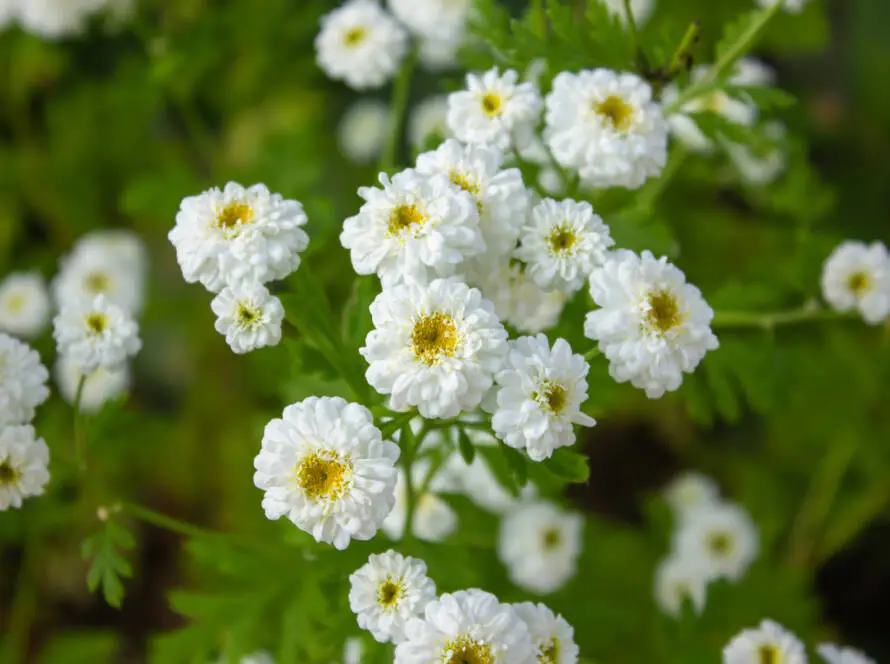Damiana
Introduction
This fact sheet provides basic information about Damiana. Damiana is a yellow-flowering plant that is frequently found in hot and humid climates, including Central and South America and some regions in the United States. Traditionally, it was used as a respiratory, neurological, and sexual medicine by indigenous cultures of Mexico. Commercially introduced in the United States in 1874, damiana was marketed as an aphrodisiac and has been claimed to induce euphoria and help with depression.
Common Names
- Damiana
- Herba de la Pastora
- Mexican Damiana
- Old Woman’s Broom
- Rosemary (not to be confused with the spice Rosmarinus officinalis L.)
Latin Names
Turnera diffusa
What It Is Used For
- Damiana is found in various herbal OTC products, particularly those claiming to induce a legal herbal “high.”
- In the Caribbean, damiana leaves are boiled in water, and the vapors are inhaled for headache relief.
- Teas made from damiana are said to aid in controlling bedwetting.
How It Is Used
Damiana is commonly made into tea. In herbal medicine, it is used to treat a range of conditions, including coughs, constipation, and depression. It is reputed to help with fibromyalgia, energy levels, emphysema, low estrogen, frigidity, hot flashes, impotency, infertility, menopause, Parkinson’s disease, PMS, prostate inflammation, Lou Gehrig’s disease, and other reproductive organ issues in both males and females.
What the Science Says
- There is no substantive data supporting the aphrodisiac effects of damiana. While it has been suggested that the plant may contain caffeine, the aphrodisiac effect has not been linked to any specific components. The volatile oil in damiana might irritate the urethral mucous membranes, which could explain its so-called aphrodisiac effects. However, no evidence supports these claims.
- No recent clinical studies provide dosage recommendations, although classical dosage of the leaf was 2 g.
- There is no evidence supporting claims of a hallucinogenic effect.
Side Effects and Cautions
- No significant adverse effects have been reported in the literature. However, individuals claiming to experience damiana-induced hallucinations should be monitored closely, and the possibility of ingesting other drugs should be considered.
Resources
- Drugs.com
- Wikipedia.com
This summary highlights the key aspects including its traditional uses, potential benefits, and safety considerations.
Disclaimer
The information I’ve shared about herbs is for educational purposes only and is not meant as medical advice. While many herbs have been traditionally used for their potential health benefits, individual responses may vary, and the effectiveness of herbs can depend on various factors, including personal health conditions and interactions with medications. It is essential to consult with a qualified healthcare professional or a licensed herbalist before using herbs for medicinal purposes or making significant changes to your health regimen. This information should not be considered a substitute for professional medical advice, diagnosis, or treatment.


